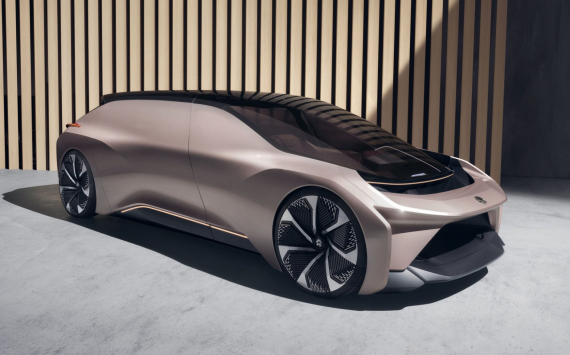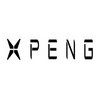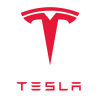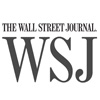
Tesla's competitors
Chinese rivals Tesla: Nio, Li Auto and Xpeng have reported a surge in electric car deliveries amid an economic recovery from the pandemic. Wall Street analysts forecast more sales growth in 2021 in China, given pent-up demand.
Shares in Chinese electric car makers Nio (NIO), Xpeng Motors (XPEV) and Li Auto (LI) jumped on Monday amid reports of strong sales in China's rapidly recovering car market. According to China's Ministry of Industry and Information Technology, from January to November 2020, sales of electric vehicles rose 4.4% year-on-year, while total passenger car sales fell 7.6%. Nio shares, up 1,296% over the past year, were up 9.75% on Monday. Li Auto shares have risen 109% since its IPO on 30 July 2020, up 12.6% on Monday. Shares in Xpeng Motors have risen 106.5% since they went public on 27 August last year and were up almost 3% on Monday.
About NIO
Nio said Sunday that it more than doubled its December sales (from last year's figure) to 7,007 electric vehicles in December and 17,353 units in the fourth quarter. The EC6 crossover, which only went on sale in September, is now Nio's sales leader. For the full year 2020, Nio delivered 43,728 electric vehicles.
Nio's success in 2020 has been aided by about $1 billion in funding from government investors. In August, founder William Li said that the company plans to resume international expansion plans in the second half of 2021, starting in Europe.
At the upcoming Nio Day event on 9 January, Nio will unveil its first new electric sedan, a rival to the Tesla Model 3 in China, and share progress on autonomous driving and other key technologies.
About Li Auto
On Friday, Li Auto reported a 530% jump in sales of its Li One electric car in December to 6,126 units. About Xpeng Motors
About Xpeng
Xpeng sales rose 303% in the fourth quarter to 12,964 units and more than doubled for the full year 2020 to 27,041 units. The P7 sedan, whose mass delivery began at the end of June, accounted for more than half of annual sales.
Although Chinese manufacturers pose a competitive threat to Tesla, last year the US automaker delivered five times as many vehicles globally as the three startups combined.










